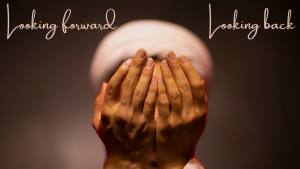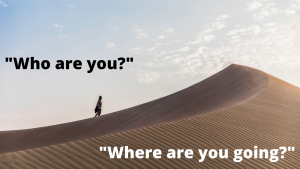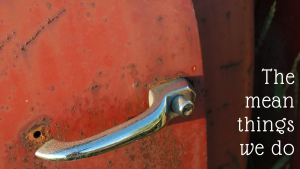
Don’t you love it when you read a book that invites you to think about things you haven’t before? I do. I read just such a book over the last few days, “Open Borders, The Science and Ethics of Immigration.”
Gut check: What do you immediately start to feel and think when you consider the U.S. opening its borders, allowing pretty much whoever wants to move here to do so?
Maybe, “What about criminals and terrorists and people with communicable diseases?”
Possibly, “The country would be over-run and the costs to educate, medicate and incarcerate would break us while we kiss our culture goodbye.”
Could be, “I bet it would mean a ton more Muslims moving here and if they spoke English, I could hire them for my business.”
Perhaps, “Would this give smart, diligent people the freedom to have a go in the good system into which I was lucky enough to be born.”
For me, “Oh, I know there will be unintended consequences. I just don’t know what they are! Even so, the upside seems staggering.”
To be clear: I’m not advocating for open borders. Yet!
To be all up in your grill: What impact does (or should, on the off chance those two are sometimes different!) the life and teaching of Jesus have on our thinking about open borders?
To be blunt: The current status quo, based on general revelation and Jesus, is immoral.
If you’re tempted to write off open borders as ridiculous, stupid, naively idealistic (it could be all), please give this idea a quick look: Don’t Restrict Immigration, Tax Immigrants.
Finally, what kind of borders do we expect in the kingdom of God to come and how does that future vision impact our current action?
During this September, I’m raising funds to keep Muslim Connect going and growing. If you’ve found value in Muslim Connect and make a contribution by the end of the month, you’ll receive a copy of the new book by my friend Fouad Masri, Sharing Jesus with Muslims: A Step-by-Step Guide when it comes out on Oct. 11th.
If donating is not in the budget right now, no worries. You can also help by forwarding this email to a couple of friends, a small group list or your church (!) and asking them to sign up at shanebennett.com. Thanks a ton!









